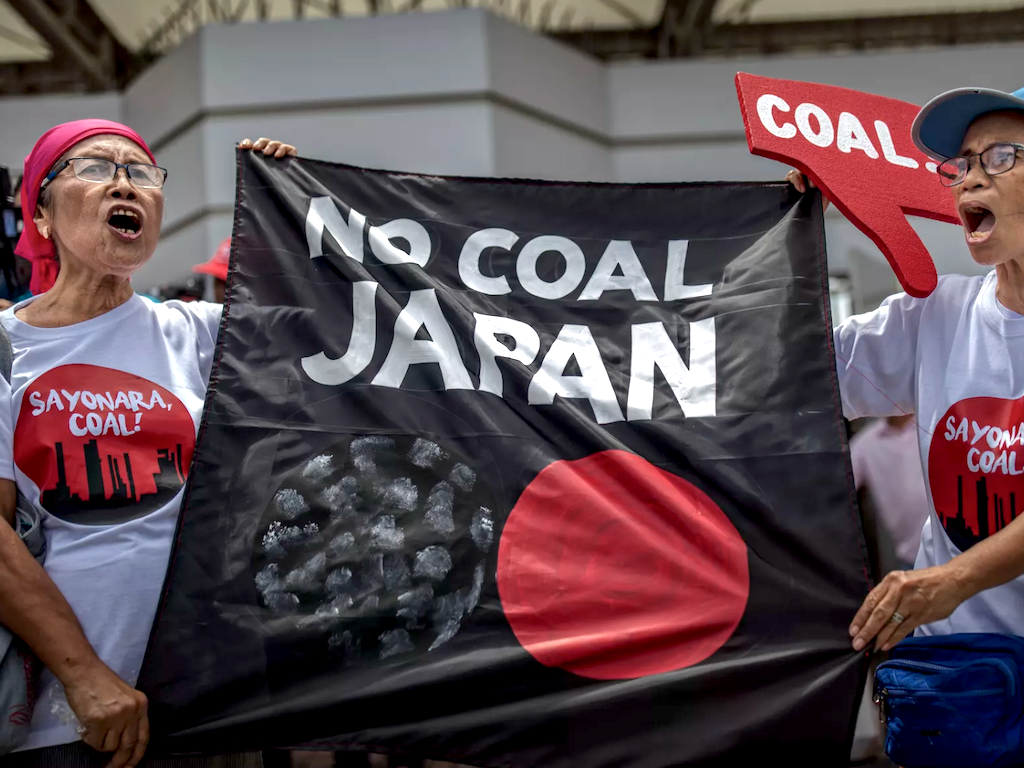3 Mins Read
Japan has recently published its plans to tackle greenhouse gas emissions under their Paris Agreement commitments ahead of the United Nations climate talks this year, but it has been attacked by environmentalists who criticise the proposals as well behind what is necessary to limit global temperature rise. It comes as a number of activists fear that the coronavirus crisis could prompt a number of national governments to ignore the other important global threat: the climate crisis.
This year’s climate talks, Cop 26, is scheduled to be held in Glasgow in the United Kingdom in November, though there has been mounting pressure to announce a postponement due to the coronavirus pandemic. Ahead of the event, Japan is the first major economy to release their nationally determined contributions (NDC) to help meet the global carbon target.
While scientists have called on new commitments to achieve the Paris goals to limit temperature rise to no further than 2 degrees celsius, as current targets would still far exceed the global limit, Japan’s new NDC announced on Monday (March 30) remains relatively unchanged to its 2015 pledge.
According to analysis by Climate Action Tracker, even if Japan achieves its self-determined target of a 26% reduction in emissions by 2030, it would still be insufficient to curb global heating and temperature rises would continue to exceed by 3 degrees celsius.
Japan is currently the world’s fifth largest greenhouse gas emitter, and is one of the only developed economies that has plans to build new coal-fired power stations. The project to build 22 coal plants would emit as much carbon dioxide as all the cars sold annually in the United States, at a time when emissions must be cut if we are to combat the climate emergency.
Speaking to the Guardian, international director of climate group the Kiko Network Kimiko Hirata said: “Japan should not slow down climate actions even amid the Covid-19 global fights, and must revisit and strengthen this plan swiftly in order to be in line with the Paris Agreement,” adding that the current proposal is “firmly taking us down the path to economic and environmental ruin”.
Under the current plan Paris accord pledges, the world is on track to reach over 3 degrees of heating. This rise, scientists say, will lead to disastrous consequences that could trigger global collapse – simultaneous extreme weather events, droughts, flooding and sea level rise. The majority of these impacts will be felt first and hardest in the Asia-Pacific region.
Activists are also criticising the timing of Japan’s unchanged climate proposal, and are wary that national governments may use the coronavirus pandemic as a way to water down climate commitments. Kat Kramer, global climate lead at Christian Aid, told the Guardian that the “fact that they are smuggling it out during a global pandemic, when it will avoid the scrutiny it deserves, is shameful.”
In the United States, a number of conservative think tanks are using the coronavirus pandemic to stoke fears about reusable products in order to fight plastic bag bans in the country. Stories linked to pro-Republican groups such as the Manhattan Institute have emerged, misrepresenting studies to convince politicians and consumers that reusable cloth bags can help spread the virus.
This has helped roll back anti-plastic legislation in a number of states, including Maine and Massachusetts, while New Hampshire has gone further to ban the use of reusable bags altogether.
Lead image courtesy of Ezra Acayan / Getty Images.



